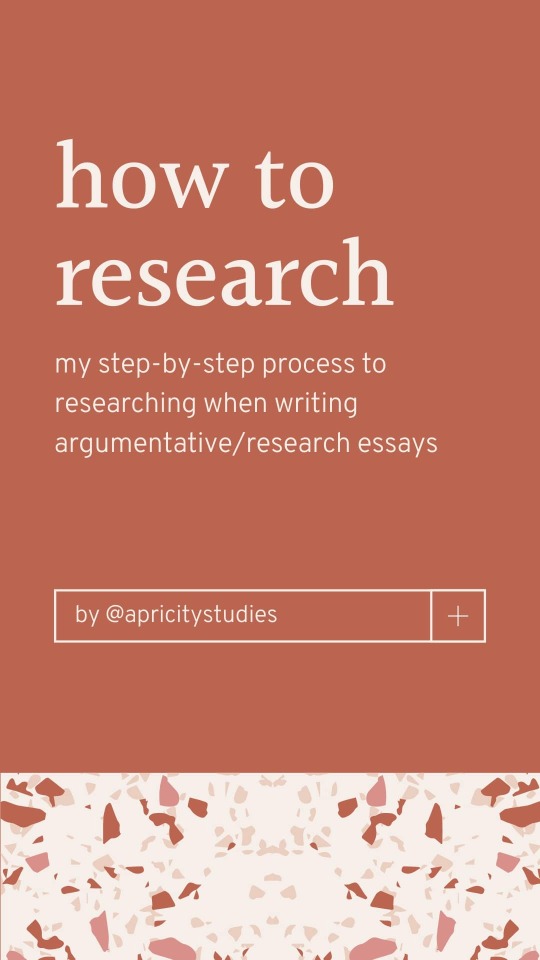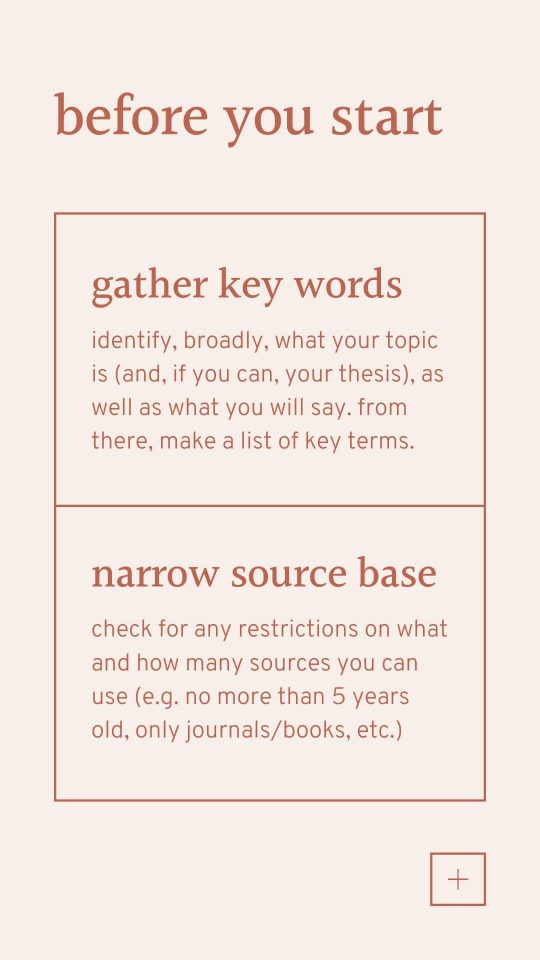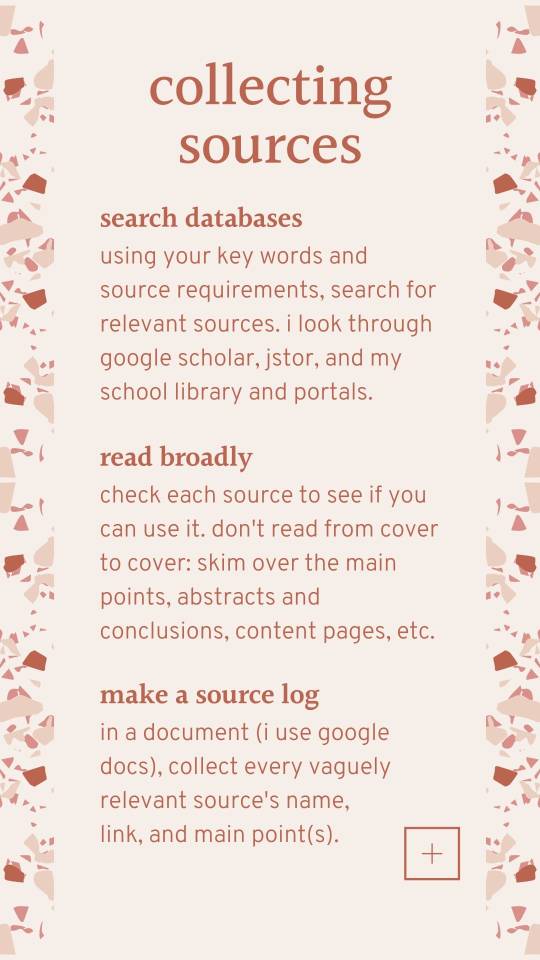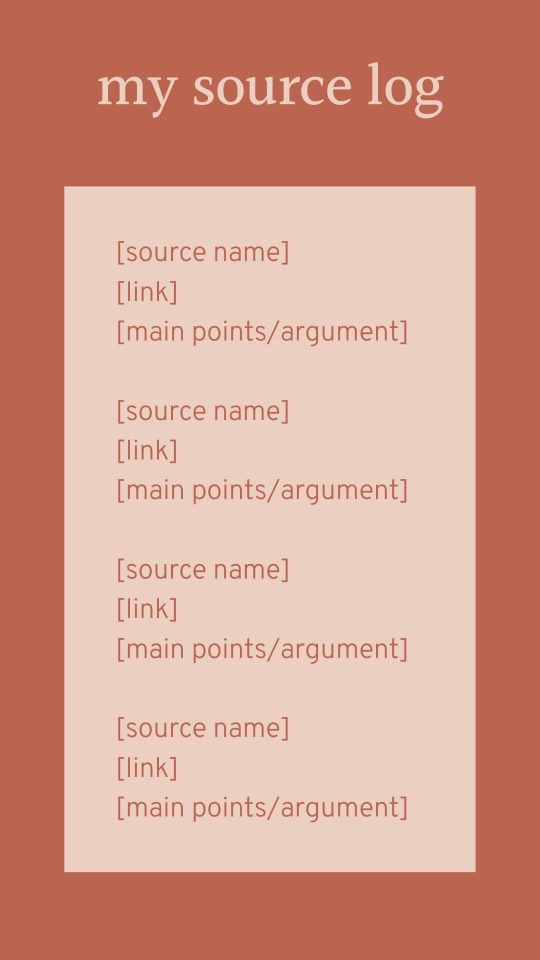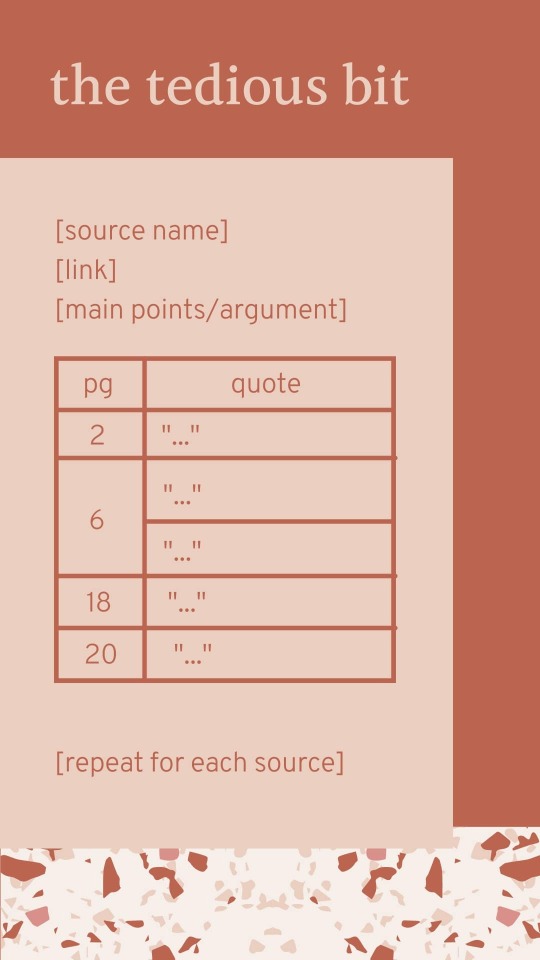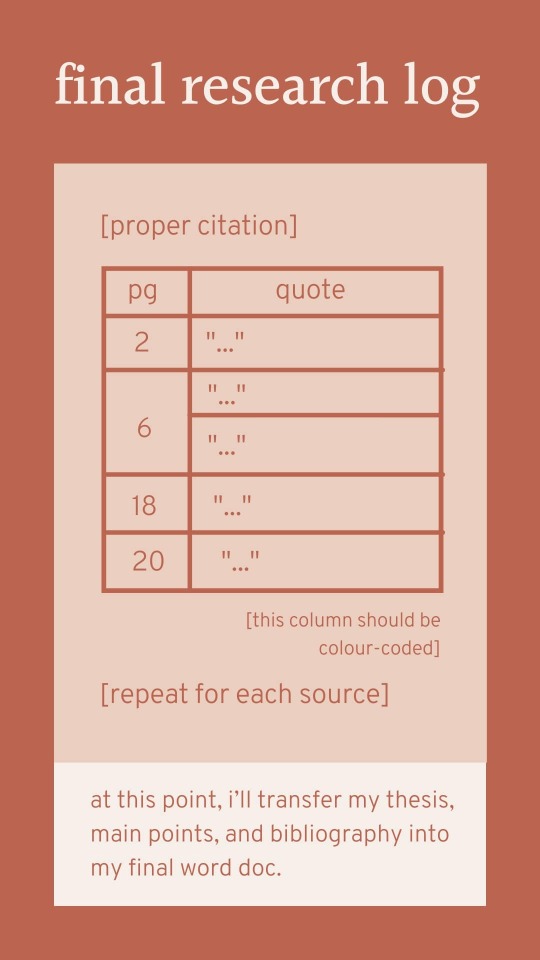College Note Taking 101: How I Take Notes And Use Them To Study For Exams
college note taking 101: how i take notes and use them to study for exams
in lecture:
i like to take quick/shorthand notes because i think learning to discriminate between what is and isn’t important material is a good skill to have so i’m not drowning in useless information when it’s time to study for a midterm or final.
i like to bring my ipad and use the notability app. it’s easier for me to just carry an ipad mini and stylus than it is for me to lug around a heavy notebook/binder and several pens/pencils.
if the professor makes lecture slides available to students online (via a class website), i like to download them onto notability and annotate them as the professor goes along. that way, i can focus more on what the professor is saying and less on merely writing everything down.

if lecture slides aren’t available, i type out my notes as i find it faster than handwriting them.
at home:
once i’m home, i take out my ipad and copy down my lecture notes into a specified notebook for that class, explain everything more thoroughly, make them neater, and organize them in a way that makes more sense to me (as opposed to copying them down exactly as how they were presented in lecture).
i like to use lots of colors, highlighters, and etc. and make them as pretty as possible so i actually want to use them to study from in the future.

integrating reading notes:
normally, what professors will do is assign reading from a textbook and base their lectures around the reading (or have the reading be based on the lectures). usually exams/tests will rely mostly on what was said in lecture instead of in the reading and this is partly because they overlap so much. what the professor says in lecture, you should consider the “important points” in your reading. sometimes, though, there are things in the reading that seem important and weren’t mentioned in lecture.
what i’ll do if this is the case is take post-its, write the piece of information down, and stick the post-it in my notebook in the corresponding section (i.e. where it fits best with my notes)

i like this method as opposed to taking notes directly in my textbook or having a separate notebook for only reading notes because 1) i’ve consistently found that reading material is not as heavily focused on in tests as lecture material and 2) i like to have all of my information in one place
using my notes to study:
when an exam is coming up, what i like to do is take all of the information in my notebook and condense it into a study guide that i can use to study from.
the format of my study guide varies depending on the class and which type of study guide and method of studying i think will help me best. my study guides range from flash cards to mind maps to sheets of paper with a bunch of condensed information.

if i come across a concept on my study guide that i can’t completely explain to myself/don’t fully understand, that’s when i’ll look back in my notebook for a better and fuller explanation of it.
i also like to give myself some time before an exam to completely read through my notebook and look at all the notes i’ve taken (not just what i have on my study guide) because i think it’s a good refresher of all of the lecture and reading material and all of the information will be brought forward in my mind.
[* a few of you have asked me for a advice on note taking: how i take notes, methods i use, how i study from them, and etc. i hope this post was helpful to you! feel free to message me if you have any other questions. happy studying! ^_^]
More Posts from Swirlspill-study and Others
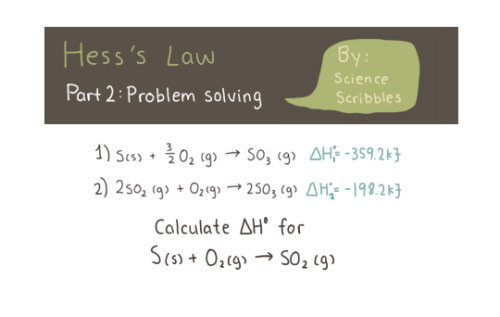
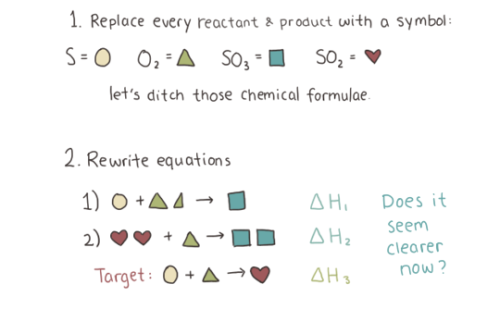
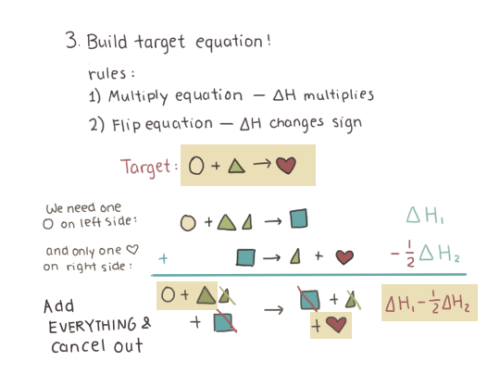

Chapter 5 - Hess’s Law pt.2: Problem solving // Science Scribbles A-Level / IB HL Chemistry collection
(Hess’s Law part 1 | other syllabus topics)
And here is part 2. Hope I managed to explain it somewhat ^^ The reason I drew all these symbols is to explain the method, but once you get it there is no need to draw them every time!

Sometimes, when we are presenting, our bodies act completely irrationally. Sweating, stuttering, or just shutting down completely are all things I have encountered during public speaking; behaviour that is usually connected to extreme danger and fleeing behaviour. Completely unnecessary, as your teacher won’t kill you (hopefully), but trying to convince your body to be just as rational is a tough task. Turns out that this is exactly what we’re going to do.
The basis for this (personal) advice all lies in my musical training, where posture is extremely important. Performance practice lessons have taught me one important thing: you can trick your body into thinking it’s okay, and with that, your audience. disclaimer: I have posted this information before in a slightly different way. Regard this as an updated version. Hopefully one with better spelling.
hoooooow???
Stand up and try to follow these instructions. I’m your only audience right now, so mistakes aren’t a problem.
Start by relaxing your shoulders. Many people tense their shoulders when they’re anxious, which is a very natural reaction. However, tension in your shoulder automatically reaches through to your back and arms, and even your neck, tensing up your entire upper body. It’s confirming to your brain that yes! this is scary! Well, brain is wrong and we’re going to prove it wrong by relaxing our shoulders. Just let them hang down (make sure you don’t start leaning forward though, it should be just your shoulders). Doesn’t that immediately feel more relaxed?
Keep your feet a little bit apart, firm on the ground. This sends the message to your brain and audience that a single push will not have you fall over. Standing with your legs closely together simply isn’t as stable, and you want to radiate stability and confidence. Even if you’re feeling dizzy, this simple way of pretending will keep your feet on the ground. Literally.
Chin up, back straight, eyes at the audience. I used to tend to look at the ground, or to lean forward. No, no no! You want to maintain an open posture, and to address the entire audience. When you do this, you’ll look more secure, and maybe you’ll even notice people will listen to you more closely. Make sure you address the entire room, and not just one spot. if you’re scared to look at faces, look at the back wall. But not just one spot, find some nice different wall spots to look at.
What to do with your hands? I know I used to put my hands in my pocket, or fidget with something. Instead, try to talk with your hands more. When you’re using gestures, people will usually pay more attention to what you’re saying, and they’ll sometimes understand more easily (if you’re interested as to why, message me).
Do not hide. This is special advice to musicians, too. I used to hide behind my music stand because it was nice and safe. During public speaking it’s easy to hide behind some notes or to stand behind other people of your group, maybe. Don’t. Remember, fake the confident posture till you make it.
When you’re finished, don’t stop pretending just yet. When people ask how it went, always say it went okay. This is so so so important! Because if you’d say “ugh it was awful!! So many things went wrong, I suck at presenting!” they’ll start thinking hmm, yeah, there were indeed some mistakes… Could have been better. Whereas if you just say it was okay or good, or even decent, they’ll hardly even question it and will most likely remember the positive aspects, as humans tend to do.
I promise this works, at least to some extent. It may not help you get rid of anxiety right away, especially in really severe cases, but it can help you feel more at ease in front of a group. After that, you can start working on other things, such as volume, intonation, powerpoint use etc.
Just take a few seconds before you start talking to breathe, focus on those muscles, and to follow this with an amazing presentation (and a good grade).
You can always send me an ask for advice on public speaking! Even though I’m not a professional coach or whatever, I have overcome my speaking anxiety and maybe I can be of any help at all <3

as requested by quite a few people - a masterpost of educational podcasts. links go to either the site or the itunes podcast store. an excerpt of the description is included with each.
* indicates a podcast that i listen to regularly
entertainment
*welcome to night vale - twice-monthly updates for the small desert town of night vale
*muggle cast - everything harry potter
general information
radiolab - investigation told through sounds and stories, and centered around one big idea
*stuff you should know - about everything from genes to the galapagos
*stuff mom never told you - the business of being women
tedtalks
good job, brain - part pub quiz show, part offbeat news
news
no one knows anything - the politics podcast from buzzfeed news
wait wait…don’t tell me - weekly current events quiz
college
*college info geek - the strategies and tactics the best students use
*getting in - your college admissions companion
math
math for primates - a couple of monkeys who decided that arguing about mathematics was a better use of their time than throwing poo at one another
math mutation - fun, interesting, or just plain weird corners of mathematics
science
60 second health - latest health and medical news
the naked scientists - interviews with top scientists, hands-on science experiments
60 second science - the most interesting developments in the world of science
startalk - astronomy, physics, and everything else about life in the universe
nasa science cast - science behind discoveries on earth, the solar system, and beyond
history
*myths and legends - myths, legends, and folklore that have shaped cultures
stuff you missed in history class - the greatest and strangest stuff you missed
the podcast history of our world - from the big bang to the modern age! …eventually
witness - the story of our times told by the people who were there
the history chicks - two women. half the population. several thousands years of history.
entrepreneurship & finances
practical money matters - better managing their finances
the internet business mastery - learn how to create an internet based business
social triggers insider - the fields of psychology and human behavior
listen money matters - honest and uncensored, this is not your father’s boring finance show
writing & literature
professional book nerds - it’s our job to discuss books all day long
a way with words - words, language, and how we use them
grammar girl - short, friendly tips to improve your writing
classic poetry aloud - recordings of the greats poems of the past
language
esl (english) - improve english speaking and listening skills
language pod
coffee break
search in your podcast app for specific languages!
art
99% invisible - exploration of the process and power of design
tips and tricks photography
the arts roundtable
hobbies & other
stash & burn (knitting)
practical defense - staying safe in our increasingly dangerous urban environments
zen and the art of triathlon - a triathlete’s view on living the multisport life
the art of charm - make you a better networker, connecter, and thinker
the indoor kids - isn’t just about video games, isn’t not about video games
rationally speaking - explore the borderlands between reason and nonsense
the dice tower - board games, card games, and the people who design and play them
motivational & inspirational
back to work - productivity, communication, work, barriers, constraints, tools, and more
personal growth podcast - classic and contemporary self development audio
what it takes - conversations with towering figures in almost every field
here be monsters - exploring the dark corners of the human mind
on being - the big questions of meaning with scientists, theologians, artists, teachers

Psychology is crazy overwhelming but so interesting. I wish I could major in such a fascinating field but I need something that I can obtain more connection and success with. This is one of the subjects where my motivation and organization skills are on point, I hope I can feel this passion with other subjects. (IG POST)
Scholarships!
College in the United States is absurdly expensive, but luckily, free money is being thrown at students left and right. Applying for scholarships can be tedious, but working for decades to pay off student loans is far more difficult. Take the time to apply for every scholarship you are eligible for and your future self will thank you!
Scholarship Databases - Databases can be a fantastic resource for finding scholarships. You put in your information and the websites will automatically show you all of the scholarships you are eligible for. Most of these sites also automatically register you for their own scholarships when you sign up (see: no-essay scholarships.)
Unigo
scholarships.com
Niche
Cappex
SALT
Fastweb
Chegg
Peterson’s
School Soup
BigFuture
Big Scholarships - These scholarships tend to involve a longer application process, and you can bet that lots of students will be trying their luck for the high prizes. If you are lucky enough to win even one of these prizes, all of that hard work will instantly pay off.
Gates Millenium (amount varies)
Coca-Cola Scholarship ($20,000)
AXA Scholarship ($10,000)
Dell Scholars Application ($20,000)
Ron Brown Scholarship Program ($40,000)
Burger King Scholars ($50,000)
Questbridge ($200,000)
Voice of Democracy Scholarship ($30,000)
Hertz Foundation Graduate Scholarship ($38,000)
David Letterman Scholarship ($10,000)
Horatio Alger Association Scholarships ($10,000 - $1,000)
Unigo $10K Scholarship ($10,000)
No-essay Scholarships - For most of these scholarships, the only requirement is that you sign up for their website. If you are already hunting for scholarships and would be using these sites anyway, then these scholarships are a no-brainer.
Chegg Monthly Scholarship ($1,000)
Niche $2,000 “No Essay” College Scholarship ($2,000)
Cappex Easy College Money Scholarship ($1,000)
College Week Live ($1,000)
U.S. Bank Scholarship ($1,000)
Scholarship Zone ($10,000)
Odd Scholarships - Calling all tall people and duck callers! These scholarships may seem a little bit out there, but you can win money for school by honing in on some of your more eccentric talents and interests.
Wholesale Halloween Costume Scholarship ($500)
Zolp Scholarship (You must be Catholic, your last name must be Zolp) (amount varies)
Custom Jewelry Scholarship ($1,000)
Tall People Scholarship ($1,000)
Chick and Sophie Major Memorial Duck Calling Contest ($2,000)
Stuck at Prom Duck Tape Scholarship Contest ($3,000)
Scholarship for Vegetarians ($10,000)
This barely even scratches the surface of the scholarships that are out there for students, so be sure to take some time and apply for every scholarship that you qualify for. Good luck, and happy hunting!

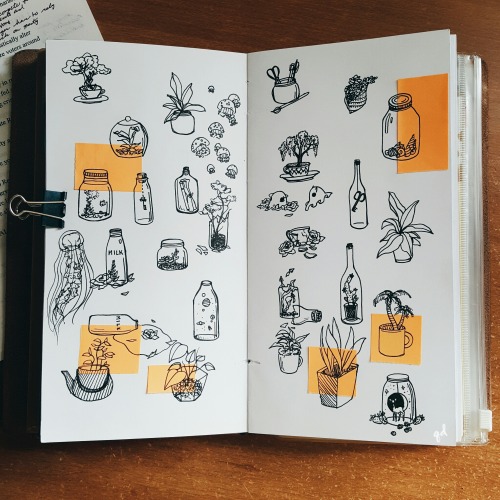


12/04/2016
For AP Gov’t, I like to type my chapter notes then annotate them during class discussions.
i’ve gotten a million asks about presentations! and presentation nerves! and presentation prep! so here is a long-ass post about:
ACADEMIC PRESENTATIONS!
every presentation is different and will have a different context. this advice is for seminar/class presentations, not conference panels, and based on my experience as an english lit grad student (and teacher). some classes you feel comfortable joking in; others, the vibe (or the professor’s expectations) will be more formal. read the room!!
a good presentation is one that communicates clearly. in other words, it’s more important to be legible to your audience than it is to “sound smart.” usually when you’re consciously working to sound smart, you sound like an asshole. as the genie in aladdin once said, bee yourself.
be generous to your audience. if you conceptualize your presentation as having two parts, let them know that! “i want to do two things with this presentation: talk about this secondary text, and then identify some examples that we can talk about in the primary.” signpost that shit! let your audience know where you’re heading and what you want them to understand.
related: present on something interesting. this does not mean objectively interesting. it means you should find something that really gets you curious or passionate or annoyed! 99% of the time, if you’re invested, your audience will be invested.
K.I.S.S. only use a powerpoint if you have images that support or contribute to your presentation. no distracting backgrounds, special effects, or clip art, it’s not 1998 (unless you are going for a retro vibe, in which case, don’t let me stop you). no big blocks of text. only use prezi if you want to make your audience nauseous. if you’re using a handout for quotations or major points, keep it basic and readable.
plan your ending. there is nothing worse than a presentation that ends with a “so uh… yeah………………..” suggestions:
stick the landing. in other words, do the oral version of an essay conclusion: why it matters, how your presentation impacts the understanding of the topic, etc.
questions for further discussion, the kind you have some answers for or thoughts about.
legitimate questions that you don’t have answers for! not factual ones, obviously, but questions about a tricky scene in the text, how a particular narrative form is working, moments that you’ve identified that actually work against your conclusions, etc. it’s okay to admit that you don’t have all the answers; in fact, it’s a sign that you’re really engaging with the material. just make sure you use this one on a presentation where you’ve already proven that you did a lot of work and know your shit.
imitate what you like to see. i’ll hazard a guess and say that most people enjoy presentations that allow some personality, or we’d just have siri read our papers out loud. my usual presentation style is on the informal side; after 3 years of small seminars with the same people and professors, i feel comfortable joking around with the folks in my area. if i were to present for my whole department, i would not be that chill.
personalize your notes. you’re the only one who’s gonna see them! make them useful to you.
don’t be nervous. not helpful, i know, but as someone who actually likes giving presentations but still gets anxious: it’s going to be okay. presentations can be a great chance to talk about something you find interesting, to direct class discussion, and to dig deeper into material that you might skim over otherwise. understand that your classmates will usually be generous and sympathetic (see: seminar personalities). treat it like an opportunity, not a punishment.
okay this is not really general advice, but it’s a plug for a grad school presentation favorite that will make your life way easier: the pdf handout.
it doesn’t have to be hard copy (though you should probably bring a few just in case). if everyone in your seminar has a laptop or tablet, email that thing out the night before! they get a lil preview and a document they can refer to in the future; you get to combine hi-res color images, hyperlinks, and whatever text you need to include.
still keep it minimalist. you can go overboard with your personal notes. the only things that should go on the handout are
things that are better written down than spoken (long quotes, statistics, timelines, etc.)
things that will contribute to your audience’s understanding of the material.
and here is an example of the difference b/t notes and handout, from a presentation i did last fall on my husband thomas hoccleve n scholarly fatigue (i was rly tired and wanted to talk abt being Weary)
my notes on hoccleve’s work life:

the handout version that i emailed to everyone in the course:

The Strange Persistence of First Languages by Julie Sedivy
My First Language by Bernardo Atxaga
Mother Tongue by Yoojin Grace Wuertz
The Ebbing Language: Living in Dutch and English by Sadiqa de Meijer
If language tells us who we are, then who am I? by Stan Grant
To Leave Your Mother Tongue is to Love It More by Ewa Hryniewicz-Yarbrough
The Dream of a Mother Tongue by Oumaima


May 5 2018
Got a lot of work done in the morning today but then accidentally took a nap form 8pm to 10pm and now I’m scared I’m gonna be awake all night LOL
Tomorrow studybuddy and I are going to the botanical gardens again!! I am so happy!!! To celebrate I painted three of the five succulent plants my roommate and I have adopted. It felt really good to paint again for once :C
-
 muiminakigo liked this · 5 months ago
muiminakigo liked this · 5 months ago -
 annag77ud liked this · 6 months ago
annag77ud liked this · 6 months ago -
 ushsblog liked this · 6 months ago
ushsblog liked this · 6 months ago -
 notachanterelle reblogged this · 6 months ago
notachanterelle reblogged this · 6 months ago -
 alucinideo liked this · 7 months ago
alucinideo liked this · 7 months ago -
 emptyanddark liked this · 8 months ago
emptyanddark liked this · 8 months ago -
 tonyyaris liked this · 8 months ago
tonyyaris liked this · 8 months ago -
 piratedetective reblogged this · 11 months ago
piratedetective reblogged this · 11 months ago -
 yuchan44 liked this · 11 months ago
yuchan44 liked this · 11 months ago -
 hedonisticbambi liked this · 11 months ago
hedonisticbambi liked this · 11 months ago -
 piratedetective liked this · 1 year ago
piratedetective liked this · 1 year ago -
 marstudys liked this · 1 year ago
marstudys liked this · 1 year ago -
 blondid liked this · 1 year ago
blondid liked this · 1 year ago -
 allthingsstudious reblogged this · 1 year ago
allthingsstudious reblogged this · 1 year ago -
 allthingswitch liked this · 1 year ago
allthingswitch liked this · 1 year ago -
 little-memeon liked this · 1 year ago
little-memeon liked this · 1 year ago -
 hotandnerd reblogged this · 1 year ago
hotandnerd reblogged this · 1 year ago -
 lenarosic1988 liked this · 1 year ago
lenarosic1988 liked this · 1 year ago -
 nefarious-virgo liked this · 1 year ago
nefarious-virgo liked this · 1 year ago -
 sgtpeppersofab liked this · 1 year ago
sgtpeppersofab liked this · 1 year ago -
 bromrelpoweakta liked this · 1 year ago
bromrelpoweakta liked this · 1 year ago -
 actradcenkacil liked this · 1 year ago
actradcenkacil liked this · 1 year ago -
 zebravalis liked this · 1 year ago
zebravalis liked this · 1 year ago -
 itsdaphnenotstephanie reblogged this · 1 year ago
itsdaphnenotstephanie reblogged this · 1 year ago -
 itsdaphnenotstephanie liked this · 1 year ago
itsdaphnenotstephanie liked this · 1 year ago -
 v1viluv liked this · 1 year ago
v1viluv liked this · 1 year ago -
 lavenderemo liked this · 1 year ago
lavenderemo liked this · 1 year ago -
 swanovanprob liked this · 1 year ago
swanovanprob liked this · 1 year ago -
 aac-autistic-studyblr reblogged this · 1 year ago
aac-autistic-studyblr reblogged this · 1 year ago -
 craftandstudy reblogged this · 1 year ago
craftandstudy reblogged this · 1 year ago -
 teanster123 reblogged this · 1 year ago
teanster123 reblogged this · 1 year ago -
 teanster123 liked this · 1 year ago
teanster123 liked this · 1 year ago -
 unnecessaryrainbow liked this · 1 year ago
unnecessaryrainbow liked this · 1 year ago -
 cimani liked this · 1 year ago
cimani liked this · 1 year ago -
 immimira liked this · 1 year ago
immimira liked this · 1 year ago
a study blog for collected references, advice, and inspiration
267 posts
